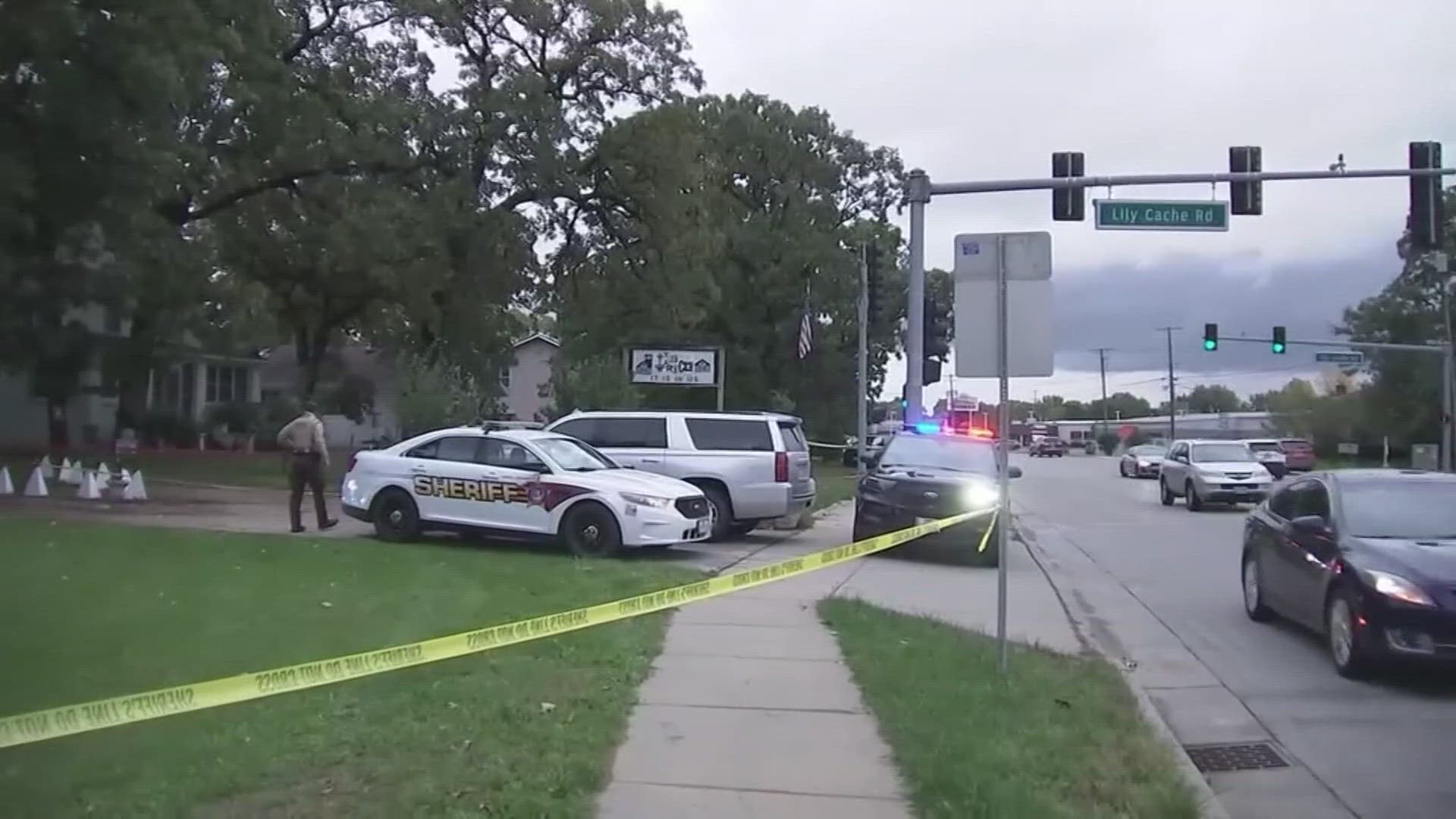BOULDER, Colo. — The continued fighting between Israel and Hamas is giving rise to hateful rhetoric and attacks around the world and around the U.S.
Now, experts in Colorado worry that if something doesn't change, that rhetoric could lead to a rise in hate crimes.
Hamas's sudden attack on Oct. 7 and Israel's continued retaliatory attacks in Gaza have shocked the world in recent weeks, sparking reactions from fear to empathy and even hate.
"But here in the United States, it's very concerning. I'm not so much worried only about the people who are spreading all kinds of rumors on social media," said Nabil Echchaibi, Director of the Center for Media, Religion and Culture at the University of Colorado Boulder. "I'm worried about when politicians pick up those rumors and then run with them."
Echchaibi said what's happening in Israel and Gaza is horrifying. But, he stressed how many politicians are reacting to it is irresponsible.
Senator Tom Cotton said Israel can 'bounce the rubble' in Gaza. Senator Lindsey Graham called on Israel to 'level the place'.
"These are senators who are using language and rhetoric that they know is inflammatory, is incendiary but they continue doing it. And it continues. Marco Rubio said respond disproportionately. Nikki Haley said finish them. Governor DeSantis said all Palestinians are anti-Semitic," Echchaibi said. “When a conflict like this, of this proportion, of this magnitude erupts like this, we need cooler heads to be able to contain this situation. And unfortunately, we haven’t really seen cooler heads, cooler leaders who can help us stem back some of this violence and start the cease fire which is much needed in that part of the world."
Echchaibi said he worries the hateful rhetoric spreading on social media and from political leaders lends credence to hate and could lead to a rise in hate crimes.
RELATED: Egypt's border crossing opens to let a trickle of desperately needed aid into besieged Gaza
"Without a doubt," Echchaibi said. "I mean, I think we've seen the inflammatory rhetoric picked up by people who then went with it on right-wing radio and then, we had an example this past week of in Illinois when a landlord went into this family, this Palestinian family, and literally bludgeoned this 6-year-old 26 times."
The child's mother, who was also attacked, said their 71-year-old landlord yelled 'You Muslims must die'.
The DOJ is investigating the child's death as a hate crime.
Following the incident, U.S. Attorney General Merrick Garland said, "This incident cannot help but further raise the fears of Muslim, Arab, and Palestinian communities in our country with regard to hate-fueled violence. "
Echchaibi said unless this Islamophobic and anti-Semitic rhetoric is tamped down, it can not only dehumanize people but it could embolden others to commit even more hate crimes.
"Unfortunately, we might. I think tensions are running really high and it's not just here but all around the world," he said.
To help prevent that from happening, Echchaibi said people at home and journalists reporting from the front lines should seek out all sides of the story, listening to every perspective instead of taking sides.
When it comes to recognizing and stopping the spread of misinformation and hate, he said check to make sure what you're seeing and reading is accurate before you post or act on something.
“It’s really hard to convince people that is the responsible thing to do," Echchaibi said. "I think we’re so deep into social media and this very irresponsible way of using information or misinformation that we don’t really think before we hit that like button or hit that repost or whatever it is."
And, he said people can demand leaders put away the harmful words and instead help to find a peaceful resolution.
"So we need to figure out a way to stop the bloodshed, not just through the bombs but also through the language that we use and it has to start with all of us -not just with the people there, it has to start with everyone," Echchaibi said.
SUGGESTED VIDEOS: Latest from 9NEWS

